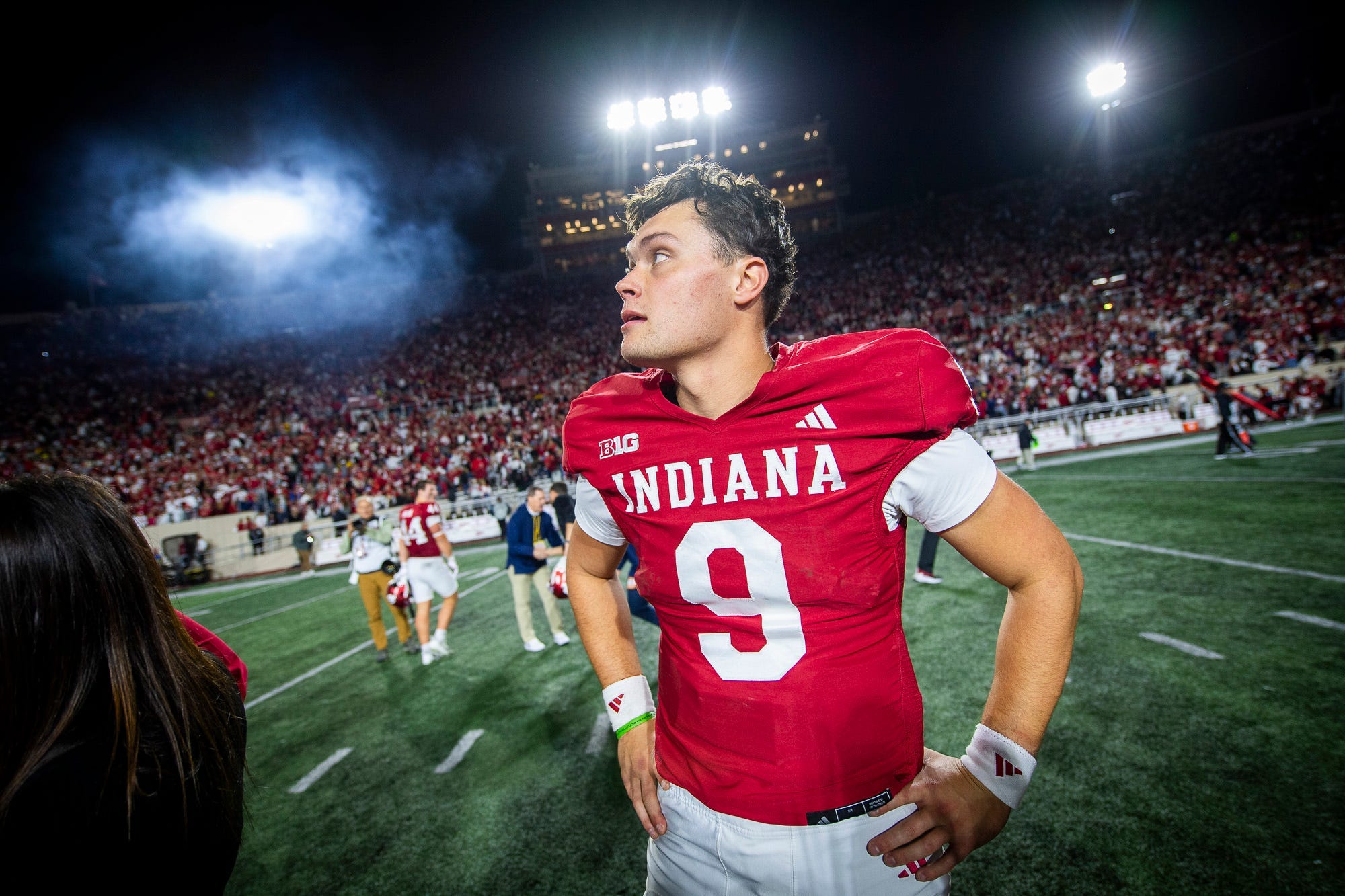Several companies have sent “misleading” information to college athletes eligible to receive damage payments in the House v. NCAA settlement in an attempt to make money off them, according to a Tuesday court filing. Plaintiff counsel Steve Berman and Jeffrey Kessler are asking Northern District of California judge Claudia Wilken to intervene to prevent athletes from being manipulated by these third-party companies.
The dispute illustrates the difficulties athletes appear to be having with understanding the settlement, whether they may be eligible for damages, and how to obtain those payments—as well as which companies they should or shouldn’t trust to help them.
The settlement, which received preliminary approval Oct. 7, offers $2.8 billion in damage payments to current and former athletes who weren’t able to profit from NIL (name, image, and likeness) rules before 2021. The settlement also paves the way for a system of revenue-sharing, where schools can pay their athletes a total of up to $22 million in aggregate per year. Athletes have between now and the end of January to opt in or out of the settlement, which is eligible for final approval April 7.
Thousands of athletes qualify to receive damage claims, for payments ranging from just around $100 to tens of thousands. As is customary in class action settlements, eligible athletes are being contacted in multiple ways including emails and postcards, and a website has been launched to further inform them of the terms of the agreement.
Companies offering “claims-filing services” have attempted to convince athletes that their services were necessary to obtain settlement payments, House v. NCAA plaintiff lawyers, led by Berman and Kessler wrote. These companies require athletes to pay for their services, and/or take a cut of the damage payments themselves.
Berman and Kessler named one company in the filing: Profound Sports. They wrote the company “was using its website and internet publications to target Class Members and improperly stated, among other things, that (1) they ‘require a professional legal and claims team’ to participate in the Settlement; and (2) their damages settlement allocation is an ‘offer’ that they may negotiate,” the court filing said. “It also incorrectly stated that ‘[a]ll settlement cases where you were not specifically represented lead to lower payouts.’”
Berman and Kessler wrote that all of these statements were “false” and “misleading,” and sent a cease-and-desist letter to Profound Sports requiring them to correct their statements in further communications with athletes, which they have done.
“We have never misled a claimant, and this is an overreaction,” Profound Sports founder Luis Davila tells Front Office Sports.
The company, which Davila describes as an NIL advisory company and investment management/advisory group, was asked by existing clients to help understand the settlement’s terms and obtain damages, Davila says. “Numerous professional athletes and legacy student-athletes have asked for support related to the notification, data collection, and filing process,” he says. “We were the ones who contacted the administrator to better understand the digital filing process. That is how the plaintiff’s counsel was made aware of us. Upon being contacted by Kessler’s team, I requested a call to better explain our position. That call was well received and we were asked to modify the website language.”
Davila says that, to date, all advisory services related to the House settlement have been offered pro bono.
To prevent companies from predatory practices against athletes, Berman and Kessler have proposed several solutions. They’re asking for a court mandate that all claims-filing services include disclaimers suggesting that their services aren’t a requirement to obtain damage payments, and that Profound Sports send this information to all of the previous athletes they’ve contacted and that athletes can void their contracts if necessary.
“It is critically important that each and every Class Member receive truthful, accurate and objective information about the terms of the Settlement and be afforded a meaningful choice about whether or not to participate,” they wrote.
Predatory claims-filing services, or lenders, are relatively common in the sports landscape. In October, ESPN reported on a company founded by former NBA player Kendrick Perkins called Nilly, which offered to front money for athletes’ NIL payments provided they sign away their NIL rights to Nilly and hand over 10% to 15% of their NIL earnings. Financial service experts told ESPN that the business model “resembled high-interest loans” and raised concerns that they were predatory.”
Davila says some of his own existing clients had been contacted by “questionable law firms and predatory asset purchase groups.” As a result, he has decided to offer his own option to give athletes cash for NIL upfront. “Our financing terms are significantly better for a receivable owner who is exploring the notion of selling their claim,” he says.





![[Subscription Customers Only] Jun 15, 2025; Seattle, Washington, USA; Botafogo owner John Textor inside the stadium before the match during a group stage match of the 2025 FIFA Club World Cup at Lumen Field.](https://frontofficesports.com/wp-content/uploads/2026/02/USATSI_26465842_168416386_lowres-scaled.jpg?quality=100&w=1024)
![[Subscription Customers Only] Jul 13, 2025; East Rutherford, New Jersey, USA; Chelsea FC midfielder Cole Palmer (10) celebrates winning the final of the 2025 FIFA Club World Cup at MetLife Stadium](https://frontofficesports.com/wp-content/uploads/2026/02/USATSI_26636703-scaled-e1770932227605.jpg?quality=100&w=1024)










